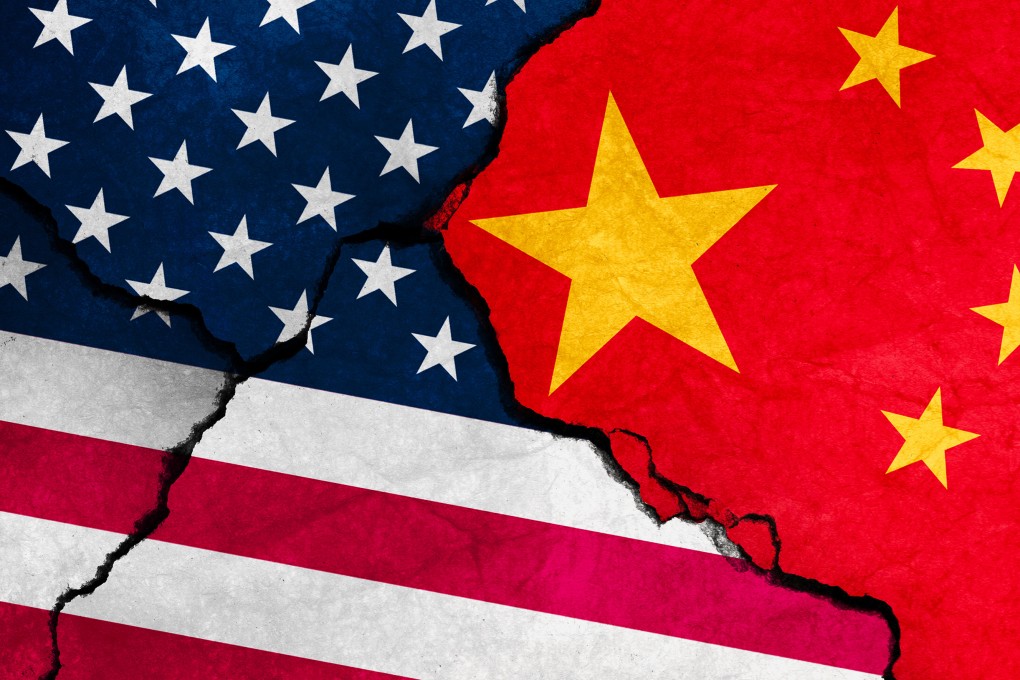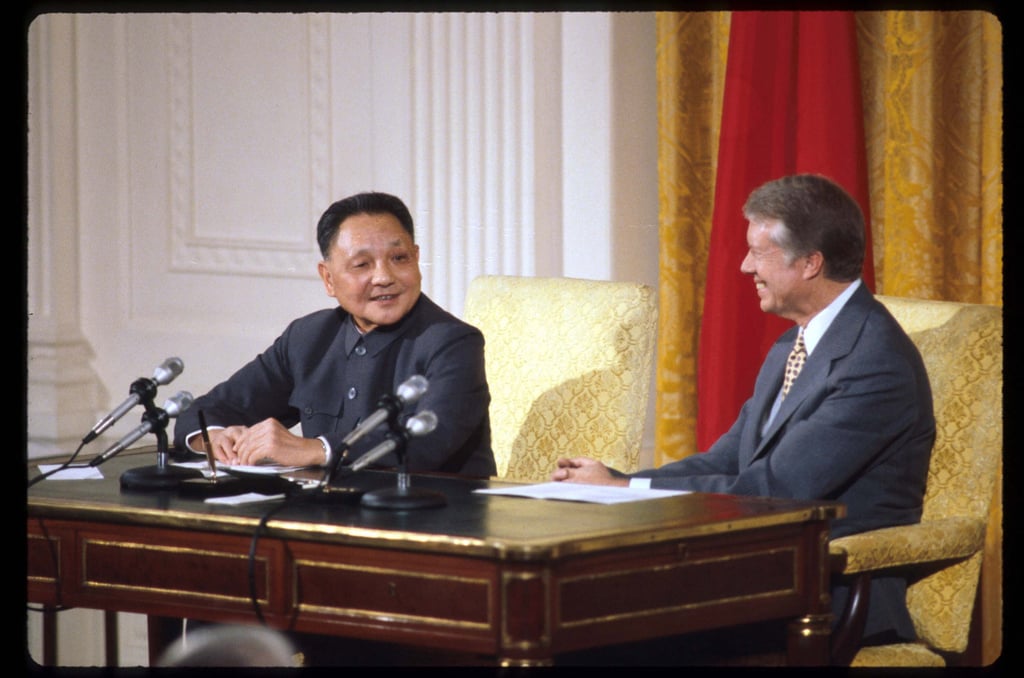Renewal of US-China science pact likely to be delayed again as sticking points remain
- The US-China Science and Technology Agreement, the first bilateral deal between the two countries, faces a Tuesday deadline for its continuance
- Washington’s concerns include access to data, the personal safety of US scientists in China and Beijing’s possible use of shared research for military purposes

The renewal of a key science and technology treaty between Beijing and Washington is likely to be delayed again when its six-month extension expires on Tuesday while negotiations on its new terms and conditions continue.
“On behalf of the US government, the Department of State is negotiating to amend, extend and strengthen protections” within the US-China Science and Technology Agreement, a department spokesperson said in a statement to the South China Morning Post on Monday.
The spokesperson said that specific information on negotiating positions or “whether the agreement will be extended past its current expiration date” could not be provided, but added that there was “no higher priority” than “the safety and security” of American citizens overseas.
Asked for a comment, the Chinese embassy in Washington said it had “nothing to offer at this time”.
The US-China Science and Technology Agreement was signed as the first bilateral deal between the two countries in 1979. Since then, the symbolically significant pact has been renewed every five years – the last time under then-president Donald Trump in 2018.

But last August, the administration of US President Joe Biden decided against full renewal and approved continuation only until Tuesday to allow for renegotiations.